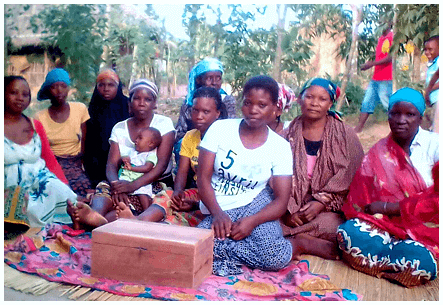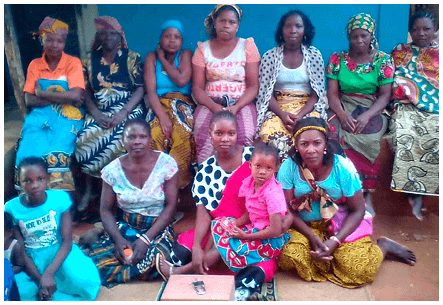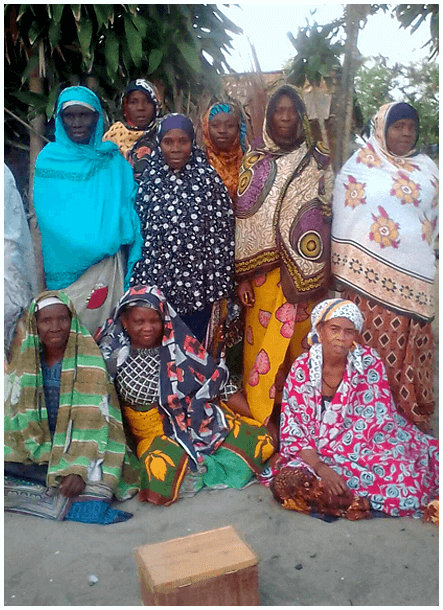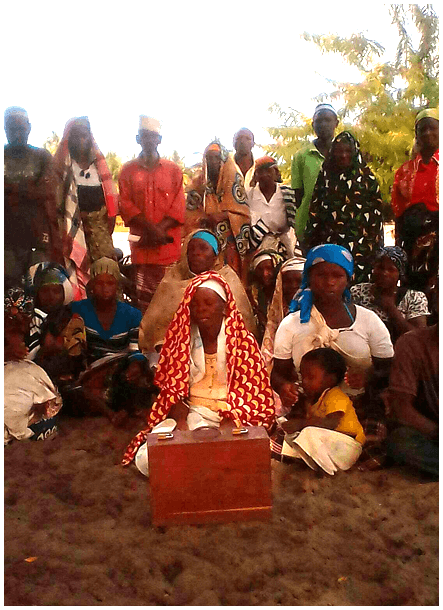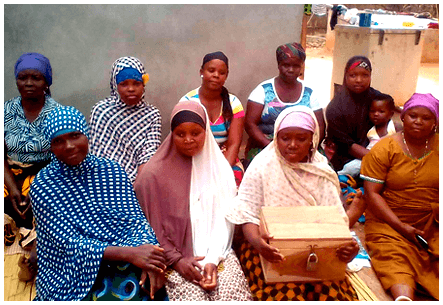The Project
SOMA (Savings Organized by Mobile Applications) is a project that leverages the ubiquity of mobile phones to support training, creation, and monitoring of Savings Groups (SGs) in rural communities in Mozambique. It started as a challenge posed by the Financial Sector Deepening Mozambique (FSDMoç) to the Aga Khan Foundation and UX Information Technologies to develop digital tools with the potential to lower the cost of creating SGs for development organizations, which at the previous average of $60 per member was very high to be a sustainable approach for financial inclusion.
By connecting all stakeholders - savings members, community trainers, and program officers - SOMA managed to lower the cost of per member training to $20, a threefold reduction in cost which makes SG creation more attainable for development programs and attractive for private sector institutions, like banks and insurers, with the potential to uplift thousands in the poorest communities, build resilience, and financially include them into formal services.
The Story
This project created 357 savings groups by employing 208 community trainers who helped 6,729 group members save a total of $281,642 in 18 months. Behind these numbers there are stories of struggle, sacrifice and deprivation, but also of support, resilience and accomplishment, which were captured not by words but by images taken by the community trainers in their process of registering and monitoring the groups they were supporting. This content forms the basis for the SOMA Expo, a glimpse into the lives of rural communities living (and saving) in the Cabo Delgado Province of Mozambique.
During the project implementation every group was asked for consent to create and display their photos to the public, and all of them agreed to this since it would inspire others to save. These are the faces of people that experienced war and famine together and never stopped trying to improve their livelihoods as a community, so they now save as a group to break free from the poverty cycle, while proudly displaying the wooden cash boxes used to store their savings.


